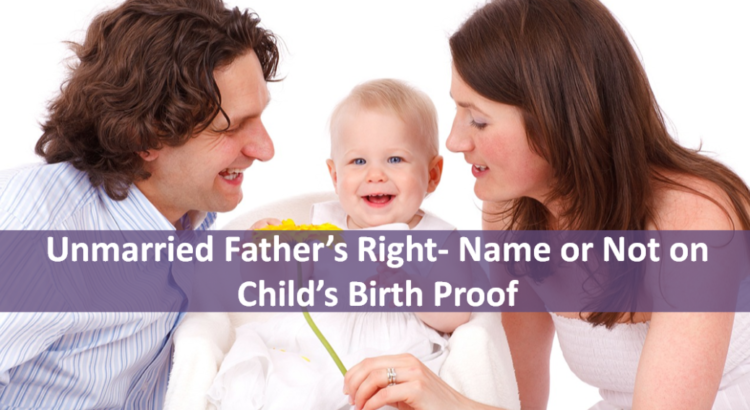The custody implies his/her guardianship. You can take it as the care-taking right of the child. It’s a very sensitive issue. The father and mother together foster their child. But sometimes, it doesn’t happen. The conflicts turn into litigation. And the parents fight to grab their child custody. After all, he is their heir-the descendent.
Such kind of legal battle rises due to divorce, legal separation, or complications in the child fostering (between the unwed couple).
What if the child is born to the unwed mother & father? Who would win his custody? Will it be his mother or father?
This blog will dispel all such confusions spotlighting legal rights of the child’s custody.
Let’s catch a glimpse of these:
- The mother holds the natural right of the child’s custody:
A mother conceives and gives birth to the child after a bone-chilling pain. Therefore, the legislation awards her the primary right to hold his/her custody. It is considered as her natural right to care, nurture and control him/her. It doesn’t matter whether or not she is married or unmarried mother.
The law clearly states that her right is above the right of the father over the child. But the father can challenge to claim over his custodial right on these conditions:
- The mother is unfit/ physically incapable of fostering her child.
- She has abandoned the child.
But if she has physical capability, she would automatically win.
- The father’s custodial right:
If the father is named on the birth certificate of his child, he will automatically be his/her primary custodian. Generally, he would be his/her biological father. He would be called as his/her legal father. Conversely, his suitability to have custody defines whether or not he would be able to take care of the child.
The father can’t attain primary physical custody right on one condition. If he is an unmarried father & claims to name on the child’s birth certificate. This right would be of the mother.
But he can claim for some custody or visitation rights.
Types of child’s custody:
The decision over the custody is the subject matter of the child’s best interest standard. So, it can be physical as well as legal.
Let’s go through both types of custodies:
- Physical custody:
It determines with which parent the child is staying with mostly. It is awarded by verifying the physical fitness, potential and capability to nurture the kid.
But traditional right goes with the mother. She was awarded this kind of custody. But now, the amendments in legislation have changed the scenario. It can be of both parents’ as a split or joint custody. Under this one, both parents share the equal custodial right. But the court verified if or not both parents qualify for it. Let’s say, if both fight with each other and go violent, this joint custody will never be awarded.
- Legal custody:
It infers the parents’ ability of legal decision-making, like signing birth certificate, taking admission in the school, attending child counselling and so on.
Alteration in father’s custodial right:
The court can take back this child-rearing custody from the father. But there should have concrete reasons. The big circumstantial changes can lead to this kind of change. The circumstances can be job transfer or relocation or any other one. In such cases, the custodial right would be transferred.
In doing so, the approval of the court-judge is essential. The judge would take the best decision in the interest of the child.
The unmarried father gets deprived off signing his child’s birth certificate:
Recently, Mumbai and Kolkata courts have declaimed a significant decision. Under it, the unwed mother would have a legal right to get registered on the child’s birth certificate. The unmarried father’s name would be cut off from it.
All these decisions would be carried out under the law. She would file an affidavit of the child’s birth in the court. And the court would approve it thereafter.











